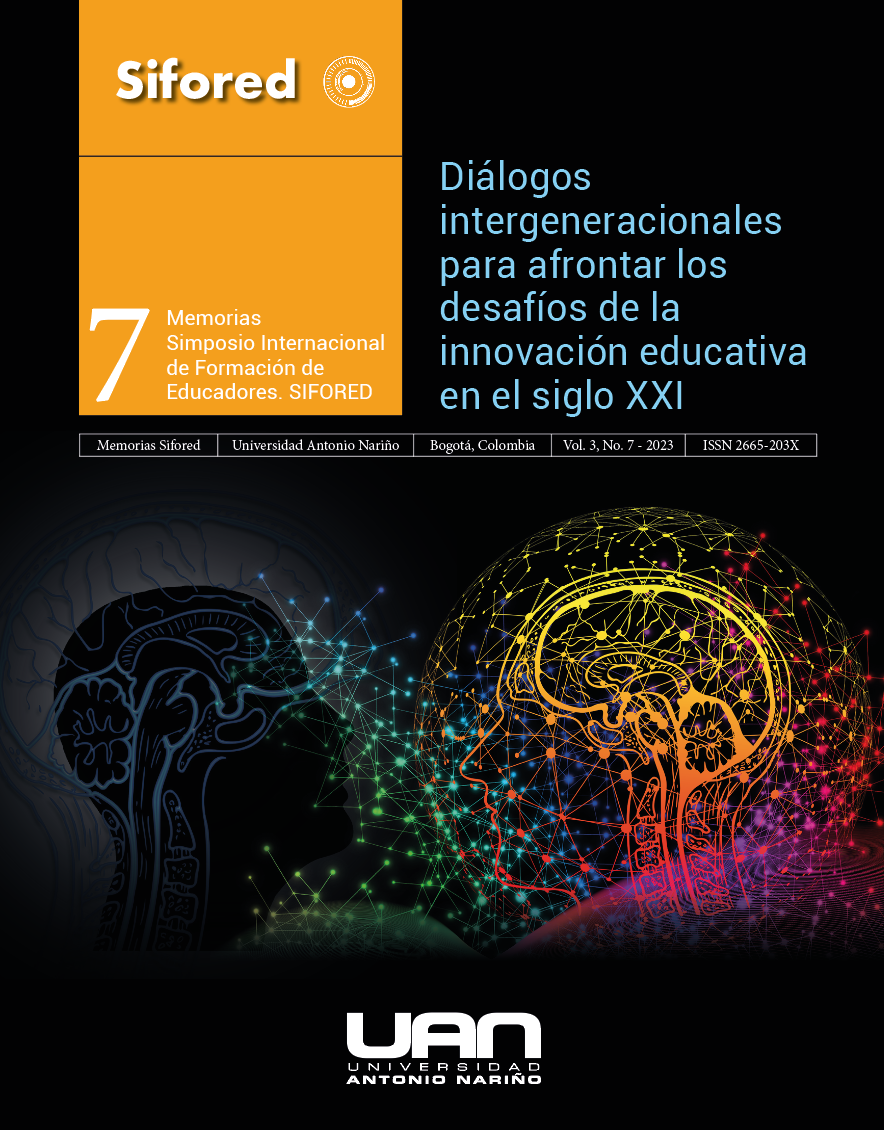La planeación curricular en las prácticas docentes
Keywords:
Planning, innovation, educational practices, TeachingAbstract
This presentation it is discusses the importance of planning in relation to good teaching practices, and how it affects the innovation of educational practices, as well as learning and the effectiveness of the teaching process from a qualitative-reflexive approach with the objective of to identify how planning benefits the educational and practical process of the teacher. Which allowed to reach the conclusion that planning allows teachers optimal preparation and awareness when training, where planning aims to generate innovative teaching strategies to the needs of students. It is concluded that prior preparation of a lesson provides a number of significant advantages for both teachers and students. By investing time and effort in carefully planning the content, structure, and resources of a lesson, a more effective and enriching learning experience is achieved. Key benefits of preparation include increased organization, clearer communication, time savings, improved quality of material, adaptation to student needs, teacher motivation and confidence, effective assessment, controlled flexibility and more useful feedback. Ultimately, pre-preparation contributes to a more productive and successful learning environment, where both teachers and students can achieve their educational goals more effectively.
Downloads
References
Delgado, M. C. (2020). La planificación microcurricular: una herramienta para la innovación
de las prácticas educativas. Rehusó, 4(2), 103-111. https://doi.org/10.33936/rehuso.v4i2.2900
Rojas, I. (s. f.). La importancia de la planificación de clases. https://blog.lirmi.com/la-importancia-de-la-planificacion-de-clases#:~:text=La%20planificaci%C3%B3n%20de%20clases%20puede,estudiantes%20hacia%20el%20siguiente%20paso
Díaz, C., Pérez, C., Bustamante, G., Carriazo Díaz, C., Pérez, M., & Kathelyn, G. (s/f). Planificación educativa como herramienta fundamental para una educación con calidad. https://doi.org/10.5281/zenodo.3907048
Leonor, G. C. (2018, 1 febrero). Caracterización de las buenas prácticas docentes en básica secundaria y media vocacional de una institución educativa oficial de la ciudad de Bucaramanga. https://repository.unab.edu.co/handle/20.500.12749/2671
Tovar, M. C. (2011). El diseño curricular, una responsabilidad compartida. Redalyc.org. https://www.redalyc.org/articulo.oa?id=28321543012
https://opuntiabrava.ult.edu.cu/index.php/opuntiabrava/article/view/762
Espinoza, E (2018).. La planeación interdisciplinar en la formación del profesional en educación Interdisciplinary planning in the education of professionals in education
Brito, M., López, J., Acosta, H. (2019). Planeación didáctica en educación secundaria. https://www.redalyc.org/journal/2810/281060621005/281060621005.pdf
Aguilar, Conde, Hernandez (2019). PLANEACIÓN DIDÁCTICA Y PRÁCTICA DOCENTE DE CALIDAD PARA POTENCIAR Y FAVORECER EL DESARROLLO DE LOS APRENDIZAJES CLAVE EN LOS
Arbelaez, Quintero.(s/f) Prácticas docentes que contribuyen a generar relaciones armoniosascon los estudiantes.
(https://repositorio.uco.edu.co/handle/20.500.13064/599
Hernández, D. G., Flores, M. P. L., & Hernandez, B. (2019). Reportes docentes de la planeación y uso de tabletas en preescolar. Estudios λambda. Teoría y práctica de la didáctica en lengua y literatura. https://doi.org/10.36799/el.v4i2.92
Downloads
Published
-
Abstract508
-
PDF (Español)91
How to Cite
Issue
Section
License

This work is licensed under a Creative Commons Attribution-NonCommercial-ShareAlike 4.0 International License.


 Portal de Ciencia Abierta
Portal de Ciencia Abierta